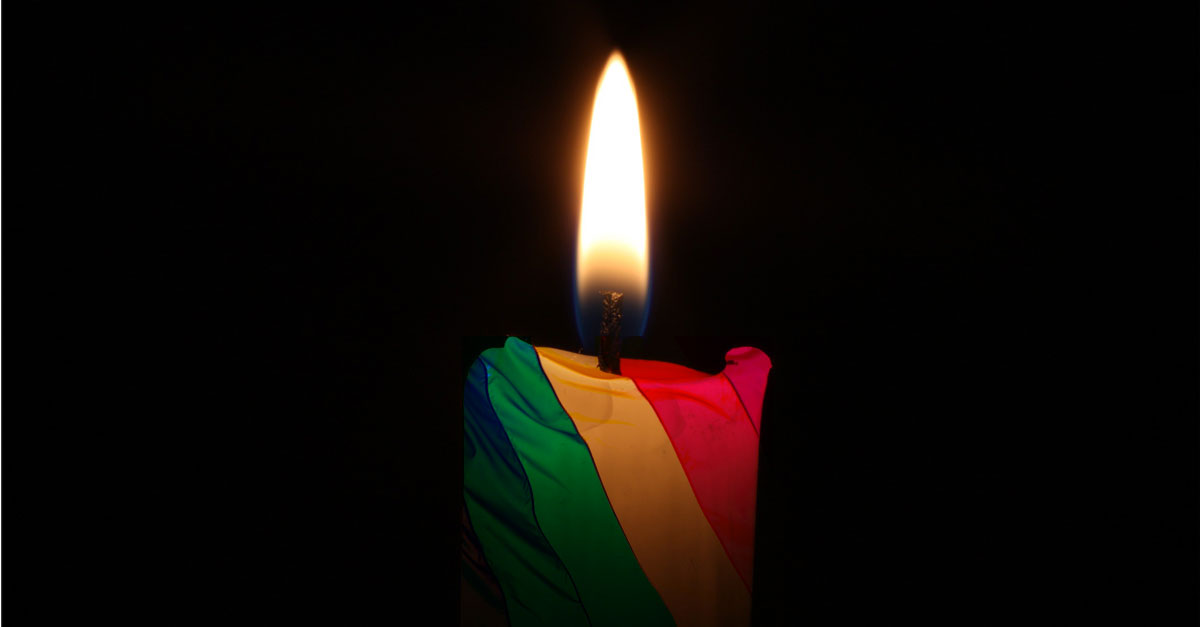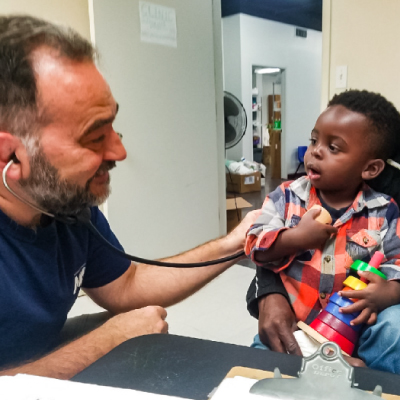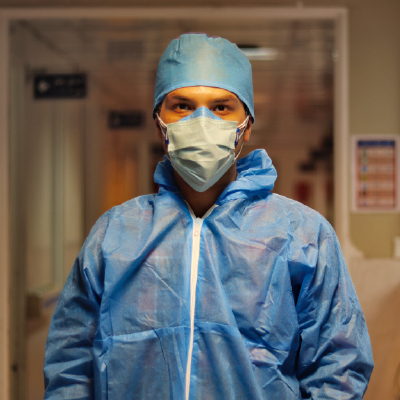- Who We Are
- Clinician Employment
- Publications
- Witness to Witness (W2W)
- Kugel & Zuroweste Health Justice Award
- Your Voice Matters: Photovoice Project
Wed, 06/15/2016 | by Claire Hutkins Seda


Health is at the center of every crisis, be it natural disaster, a violent battle, or a mass shooting. On Sunday, as the scene at the deadliest mass shooting in American history at Orlando’s Pulse nightclub unfolded, the health needs of the victims were at the center. But the health repercussions of this event isn’t limited to just those few hours of carnage or even to those directly afflicted; they reverberate in LGBTQ and migrant communities across the country.
The weekend’s attack on the LGBTQ community is a tragedy, and will cause tremors in the confident stride that the LGBTQ community has taken in the last decade as it has secured important protections like equal rights and nondiscrimination policies in a number of key arenas, including in the health world. As clinicians, we recognize that LGBTQ patients already experience serious health disparities in contrast to the general population, including an increased risk of mental illness, cancer, suicide, and substance abuse. LGBTQ patients also suffer from high rates of chronic stress as a result of discrimination and harassment. Critically, LGBTQ persons are less likely to have health insurance, and, for those who do make it to the doctor’s office, LGBTQ patients experience cultural barriers to care as a consequence of their gender or sexual orientation, from social acceptance of providers and staff, to clinicians not taking sexual identity into account when taking a medical history, to inflexible EHR systems where clinicians cannot input sexual identity, pronoun preferences, or other information specific to the LGBTQ community.
As clinicians, we are concerned that such incidents of violence will fortify the barriers in the path to care for the LGBTQ community, by increasing the cultural chasm between health care providers and the LGBTQ community, while simultaneously increasing the need for health services. Chronic stress over safety concerns may increase; some may experience PTSD, with fear of attending nightclubs, a historically safe place for the community.
Another underserved community is at the heart of this crisis: immigrants. When a whole swath of our community is judged by the deeds of one person, fear, judgment, and suspicion increases. This election cycle in particular has pressurized the Islamophobia and xenophobia that already existed in our country; Donald Trump has blamed the events on immigration, saying, “We can’t keep bringing people who add to the problem.” Consequently, many people may feel uncomfortable reaching out to their community when in need. This may reduce health care utilization, and may result in a decrease of trust or comfort in openly talking about health needs with a practitioner. These are serious concerns that affect every one of us, and every one of our communities -- not just Orlando, Florida.
In the hours after the shooting at Pulse Nightclub, the Orlando hospital that treated most of the injured victims went under lockdown, “in order to keep patients, families, and staff safe.” Simultaneously, and in the face of fear, the outpouring of support has been overwhelming. Equality Florida, an LGBTQ civil rights organization, set up a GoFundMe to channel donations to the families of the victims of the attack; the page is in English and Spanish. They had a target of $500,000. By today, they had raised over $3.7 million. This is noteworthy. Despite the setbacks, our nation as a whole has stepped up to support the LGBTQ community.
As clinicians, we are reminded once more how critical it is that we ensure that all people in the United States -- regardless of race, gender, sexual identity, immigration status, or ethnicity -- have the right to seek care for their health needs, and that all people deserve to have the opportunity to lead healthy and safe lives, without fear.
Resources:
The National LGBT Health Education Center, a program of the Fenway Institute, has compiled the following resources for our readers, our colleagues, our patients, and any others who need support in the wake of the horrific murders in Orlando.
LGBT Helpline (Ages 25+)
(888) 340-4528 or (617) 267-9001
Hours: Monday - Saturday, 6:00 PM - 11:00 PM ET
Peer Listening Line (Ages 25 and Under)
(800) 399-PEER or (617) 267-2535
Hours: Monday - Saturday, 5:30 PM - 10:00 PM ET
Online Peer-Support Chat
Hours (Pacific Time): Monday - Friday, 1:00 PM - 9:00 PM; Saturday, 9:00 AM - 2:00 PM
Hours (Eastern Time): Monday - Friday, 4:00 PM - Midnight; Saturday, Noon - 5:00 PM
LGBT Helpline (Ages 25+): (888) 340-4528 or (617) 267-9001; Hours: Monday - Saturday, 6:00 PM - 11:00 PM ET
Peer Listening Line (Ages 25 and Under):(800) 399-PEER or (617) 267-2535; Hours: Monday - Saturday, 5:30 PM - 10:00 PM ET
Online Peer-Support Chat: Hours (Pacific Time): Monday - Friday, 1:00 PM - 9:00 PM; Saturday, 9:00 AM - 2:00 PMHours (Eastern Time): Monday - Friday, 4:00 PM - Midnight; Saturday, Noon - 5:00 PM
Like what you see? Amplify our collective voice with a contribution.
Got some good news to share? Send it to us via email, on Facebook, or on Twitter.
Return to the main blog page or sign up for blog updates here.







